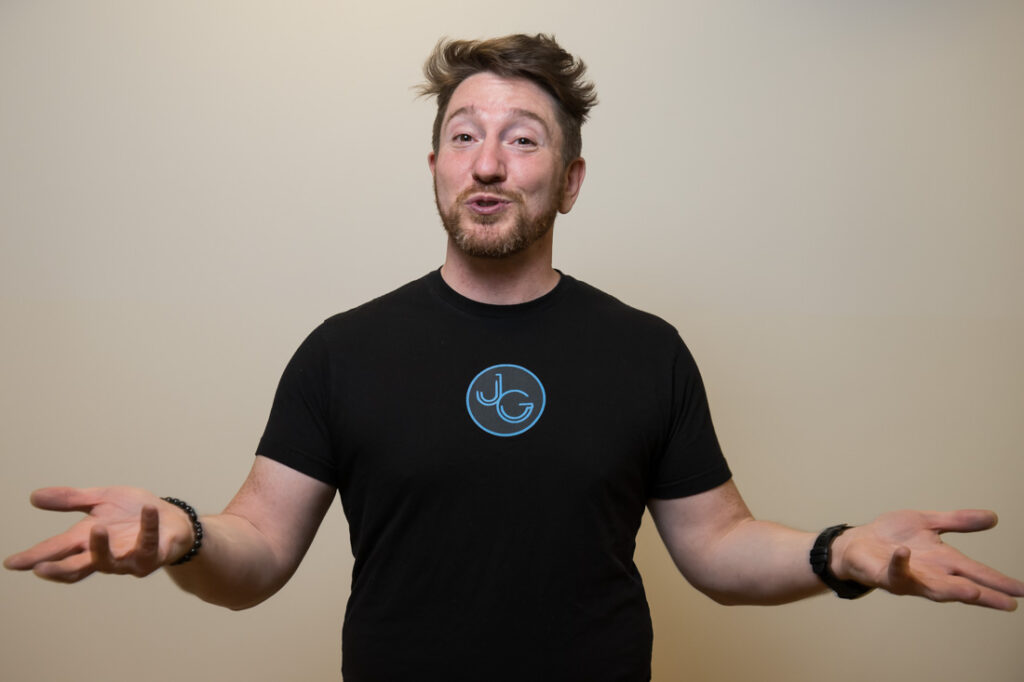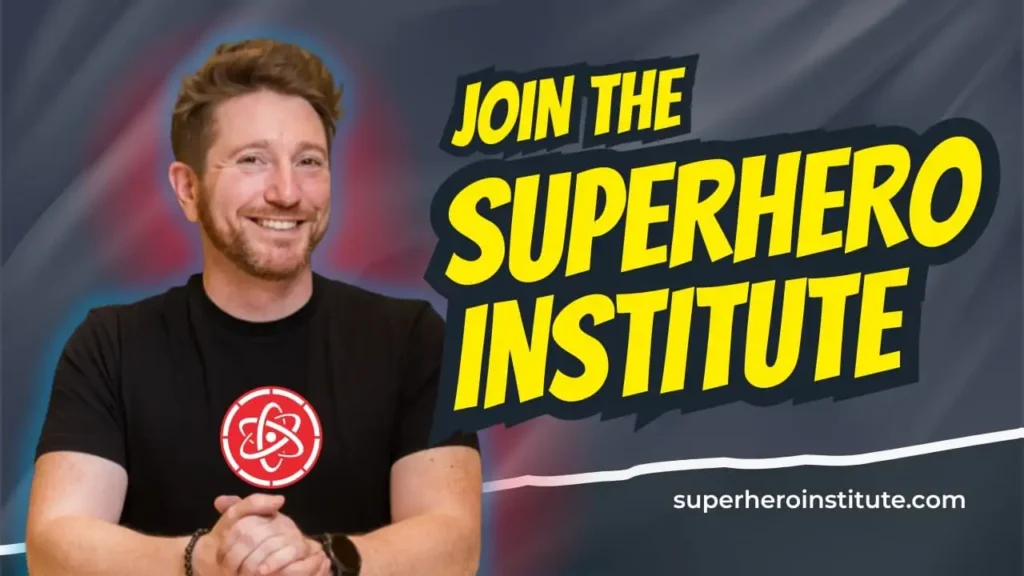Don’t Skip This Part of Storytelling
Storytelling. It’s everywhere.
Everyone wants you to tell more stories.
Everyone wants you to tell better stories.
Whether you’re in marketing, sales, public speaking, leadership, or virtually any other area of business, you’ve probably started encountering a lot of advice about the importance of storytelling.
Tell me if you’ve heard this story.
✉️ Get the Infinite Impact
Join thousands getting weekly wisdom on unlocking hidden potential, building meta-abilities, and creating meaningful change through practical frameworks you can use immediately.
A Well-Known Story
Some guru tells you that storytelling is important. So, you read their blog or sign up for their course. Soon, you’re treated to an abundance of tips, tricks, and tactics for telling better stories.
You learn about story structures, better openers, better closers, serial position (or primacy) effect and, of course, how to trigger people’s mirror neurons.
You might be ready to start your storytelling journey.
But, there is something that often gets missed.
A Lesser-Known Story
Once upon a time, there was a 44-year old autistic man with ADHD who found a lot of stories boring.
- He noticed that there were often too many details, causing him to get lost.
- He noticed that he would often correctly guess the ending of the story within the first minute. Once there were no surprises left, the remainder of the story became a challenge to sit through.
- He often felt that instead of a predictable, wandering story, it would’ve been a better use of everyone’s time if it’d just been a memo, a text message, or a single slide with the point clearly spelled out.
So, they decided to tell fewer stories in favor of getting to the point quickly.
The Point of Stories
If you’ve ever been to a food blog looking for a recipe, I’m sure you can relate to the frustration of scrolling past a 3,500 word story preceding it about the origin story of buffalo chicken dip.
Not every lesson needs a story, and not everyone appreciates stories for every situation.
Every story needs to have a reason to exist because no amount of storytelling skill or trickery can save a story that cannot answer the following question:
Why should this be a story?
Storytelling remains one of the most useful and effective methods of conveying information. Stories give information movement, context, and texture, making it more relatable, memorable, and resonant.
The trade-off is that stories require more time and attention than simply stating an idea.
A story should only be used as the method to convey information if adding context and relatability enhances the material.
The Story Barometer
Before engaging in a lengthy storytelling exercise, there’s a simple 2-step exercise you can do to determine if a story is even necessary.
Step 1: Write out the point/purpose/moral of the story.
What is the underlying message you are trying to convey? It should be a single sentence.
If you can’t fit it into a single sentence, you aren’t ready to write the story. Every story should have a single, dominant point it is trying to make.
Step 2: What is missing?
Look at the sentence. How much more does someone need to know to fully grasp the point?
You probably don’t need a story if someone could fully grasp the point if you were to…
a) add one more sentence starting with “Because…”
b) add three bullet points beneath it
Anything that can be fully explained in two sentences or a single sentence with three clarifying points, is probably going to be a really boring story that is largely unnecessary.
But there’s a caveat…
You don’t ever need permission to tell a great story with a point

Even if it’s a simple point, that can’t pass the two step process above, a story can still be the best way to convey it.
- There are full feature length movies that barely have a point but are widely beloved.
- There are some simple ideas that are immeasurably improved when nested in a narrative.
- There are marketing campaigns, sales pitches, and keynotes that would’ve never succeeded if not for a relatable and inventive story to draw us in.
The point of today’s post is to encourage you not to skip the process of reflection in favor of telling yet another story because it’s what you’re supposed to do.
Don’t get caught up in the hype about storytelling, and don’t fall so in love with your own stories that you lose sight about whether it’s even necessary to communicate the point.
We’d all be better off with better stories rather than just more stories.
I hope you enjoyed this post!
If this is your first time here or you haven’t yet become a subscriber… click here to get both Becoming Superhuman and The Infinite Impact Newsletter
If you’re already a subscriber… consider becoming a member to support this work and get all sorts of other benefits.
I hope you enjoyed this post!
If you liked this post, then you will LOVE my newsletter (The Infinite Impact)
and my learning community (The Superhero Institute).


